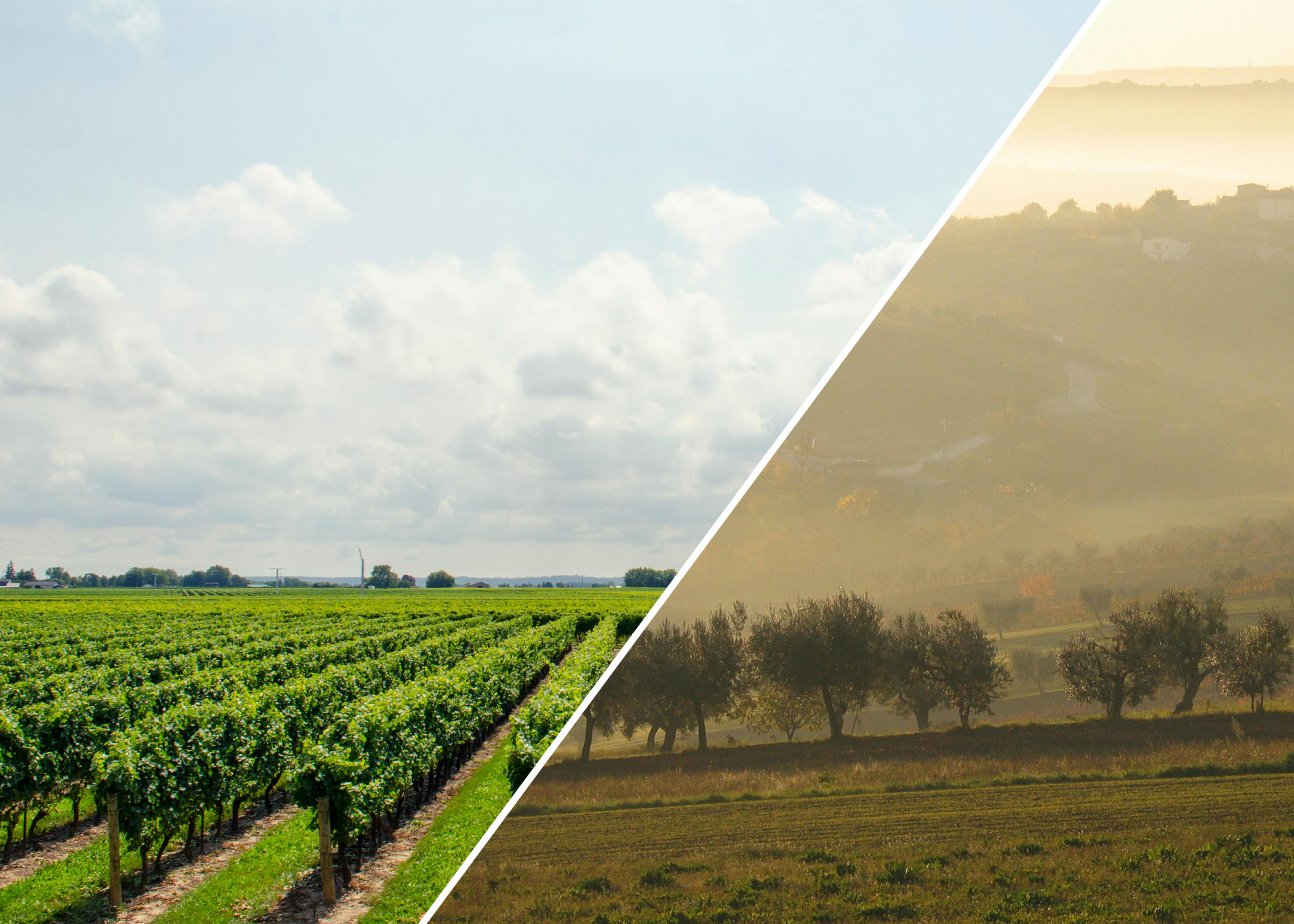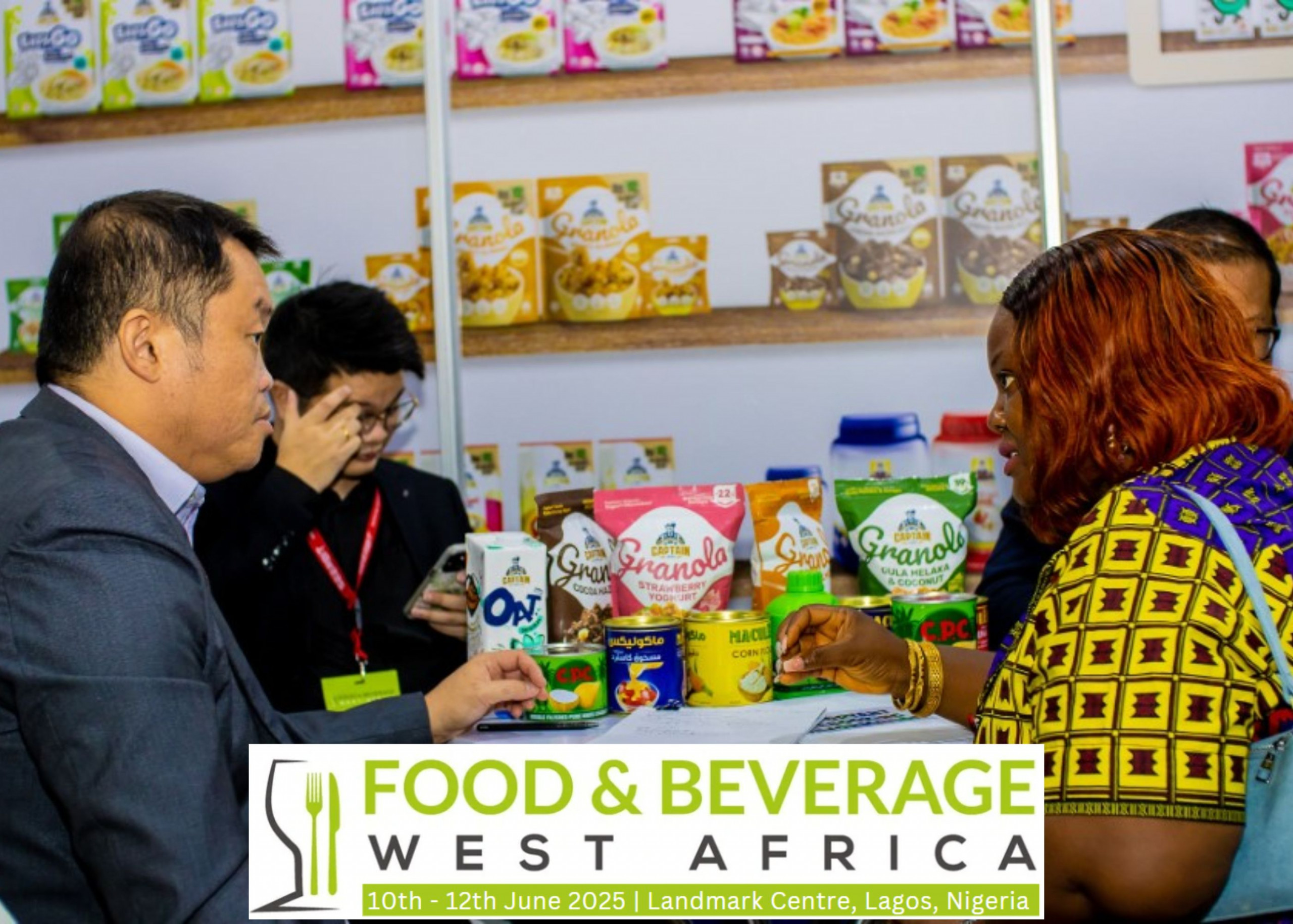Whether you’re a seasoned farmer, an agribusiness owner, or someone simply interested in what the future holds for food production, it is no secret that Nigeria’s agriculture sector faces tough times, from climate risks to rising input costs. But, just like in any business, challenges often come with new possibilities for growth—if you know where to look.
During the Vestance Maiden Outlook Presentation held in January 2025, agribusiness experts gathered to discuss critical insights for the year. The theme, Resilience and Recovery for Agribusiness, emphasised resilience, recovery, and the strategic steps businesses can take to thrive. Panellists shared insights into global and domestic agriculture risks and offered recommendations for navigating these hurdles. The conversation was rich with information that’s not only relevant to those already in the agribusiness space but also to young Nigerians eager to tap into the sector, regardless of their background.
If you’re between the ages of 20 and 49 and wondering how to make the most of these opportunities, this article is for you. Whether you’re looking to start a farm, invest in agritech, or understand how these trends will affect you as a consumer, I will break down the key takeaways from the outlook presentation and provide actionable steps you can take to position yourself to tap into these opportunities in 2025 and beyond.
1. Nigeria’s Agricultural Production Set For A Major Rebound in 2025
Agriculture has always been central to Nigeria’s economy, but recent global and local shifts have made it more vital than ever. From food production to agribusiness ventures, young Nigerians have a significant role to play in shaping the future of this sector.
During the panel discussion at the event, experts emphasised that while Nigeria’s agricultural production faced a decline in 2023/2024, a major rebound is expected in 2025. With new high-yielding crop varieties and an increasing demand for crops like sorghum and cassava, there’s a fresh wave of potential. Sorghum, in particular, is gaining attention as an alternative to maize, especially in the feed and brewing industries.
2. Understanding the Risks and How to Mitigate Them
The agriculture sector is not without its risks. Experts on the panel highlighted various global and local factors that could impact agribusinesses in 2025.
A. Global Risks
- US-China Trade Tensions: Trade wars between the United States and China can raise costs for imported agricultural inputs, affecting everything from fertilisers to machinery. For young farmers or agribusiness owners, this means the potential for higher production costs.
- Middle Eastern Conflicts: Geopolitical tensions, particularly in the Middle East, could disrupt global supply chains, affecting food and energy prices.
Actionable Steps: Diversify suppliers, stockpile critical inputs, and explore new export markets. For instance, Nigerian agribusinesses can seize the opportunity to export sorghum and sesame to countries like China.
B. Local Risks
- Policy Gaps: Nigeria’s agricultural policies often fall short of providing the support needed for long-term growth. The lack of adequate funding and the slow implementation of policies are key concerns.
- Insecurity and Climate Change: Regional conflicts and unpredictable weather patterns threaten production and food security. Climate change, including erratic rainfall and droughts, could lower yields and increase food insecurity.
Actionable Steps: As young Nigerians, advocating for better agricultural policies and investing in climate-resilient farming practices (such as drought-tolerant crops or improved irrigation) can help mitigate these risks. Stay informed about local policy changes and collaborate with organisations that promote sustainable farming.
3. Opportunities to Seize in 2025
Despite these challenges, 2025 is filled with numerous opportunities. The panellists provided several actionable insights for young Nigerians to consider:
A. For Farmers
With rising demand for crops like sorghum, cassava, and sesame, young farmers can diversify their crops to meet growing market needs. Sorghum is a particularly promising crop, not only for local markets but also for export to countries like China.
Actionable Step: If you’re considering starting a farm, now is the time to look into high-yield crops. Consider taking online courses or attending training sessions on modern farming practices to improve your productivity.
B. For Agribusiness Owners
Agri-food processors and commodity traders can take advantage of the growing local market demand and export opportunities for crops like sesame and cocoa. There is also strong international interest in these crops, which brings in foreign exchange revenue.
Actionable Step: Invest in sustainability certifications to access premium markets. This will give your business a competitive edge and open doors to export opportunities.
C. For Investors
The agricultural sector is ripe for investment, especially in infrastructure. Cold-chain storage, mini-grids, and processing facilities are vital for reducing food waste and improving supply chains.
Actionable Step: If you’re an investor or considering becoming one, look into funding critical infrastructure in agribusinesses. The sector offers attractive returns, especially with projects that add value to agricultural products (e.g., processing cassava into flour or sorghum into feed).
D. For E-commerce and Retailers
With the rise of online platforms and changing consumer preferences, e-commerce is a growing market for agricultural products. Digital platforms connecting rural farmers with urban markets are gaining traction, making it easier for small farmers to sell their products.
Actionable Step: If you have an interest in technology, this is a prime opportunity to get involved in agritech by developing platforms that connect farmers to buyers, streamlining sales and distribution.
4. What the Panellists Had to Say
During the live panel session, the speakers elaborated on the importance of resilience in the face of economic and geopolitical uncertainties. They emphasised that agriculture’s future is not just about growing more food but also about building sustainable practices and investing in innovation. They agreed that young people must be at the forefront of these changes, whether through technology, policy advocacy, or sustainable farming practices.
Another key point raised by the panellists was the importance of diversification. They encouraged young Nigerians in agriculture to think beyond traditional crops and explore alternative crops like sorghum, which are more resilient to market fluctuations and climate change. One panellist mentioned that agribusinesses can’t afford to ignore global market trends and must adapt to demand shifts to stay competitive.
5. How Young Nigerians Can Make a Difference
As the panel concluded, one key takeaway was that Nigeria’s young population has the power to reshape the agribusiness sector. Whether you’re a professional in the agricultural field or someone just starting to explore the sector, there’s room for growth. By leveraging the insights from the Outlook session, young Nigerians can position themselves as leaders in an evolving sector.
Key Actions You Can Take:
- Educate yourself about sustainable farming practices and emerging crops.
- Advocate for better agricultural policies and invest in value-added processing.
- Explore new business models in agritech, logistics, and e-commerce.
This information is relevant because it directly impacts the economic future of Nigeria, especially for young people who represent the future of the workforce. By staying informed, adapting to change, and taking action, young Nigerians can help lead the charge toward a more resilient and prosperous agricultural sector.
Key Takeaway
The key takeaway from the Vestance maiden outlook presentation is clear; resilience and innovation will be crucial for businesses that want to survive and thrive. Whether you’re an established player in the agricultural industry or someone just starting to explore the possibilities, there are practical steps you can take to secure a bright future.
From investing in climate-smart technologies to exploring alternative markets and crops, there are multiple ways to stay ahead of the curve. As young Nigerians, we are in a unique position to shape the future of agriculture in our country. The insights shared by the experts and panellists provide a roadmap for how we can contribute to building a more resilient, sustainable, and profitable agribusiness landscape.
So, if you’re ready to take action, now is the time. Start by staying informed, seeking out opportunities, and making decisions that align with the changing needs of the agricultural market. In 2025, the future is yours to cultivate—whether it’s through farming, investing, or simply supporting the growth of Nigeria’s agriculture sector.



